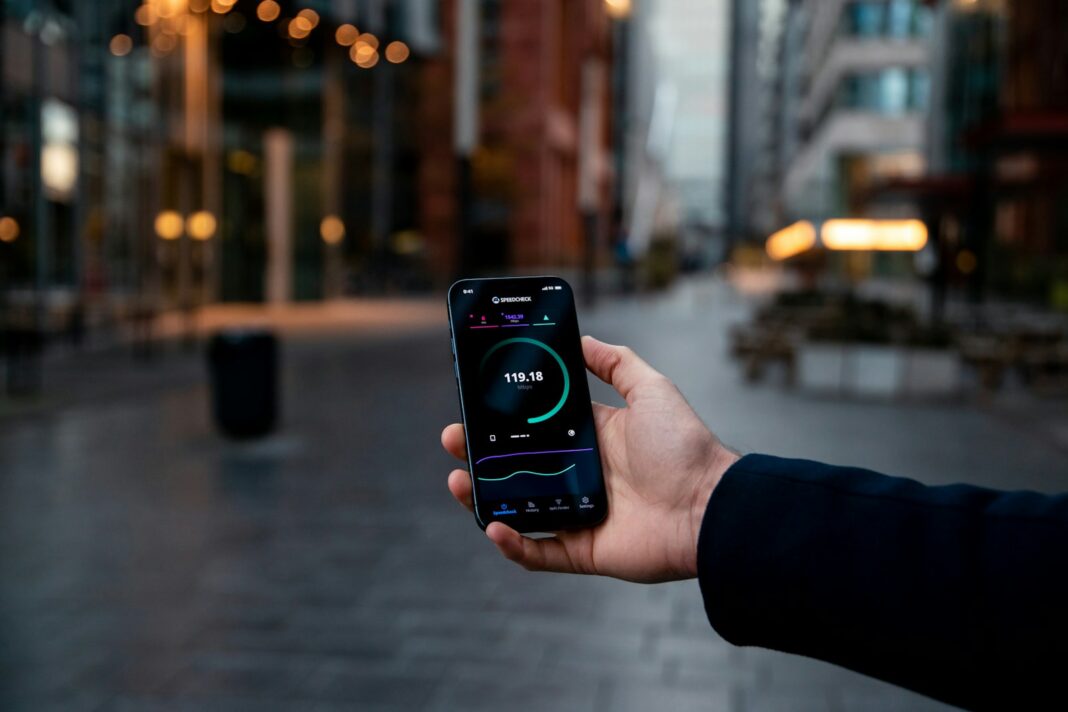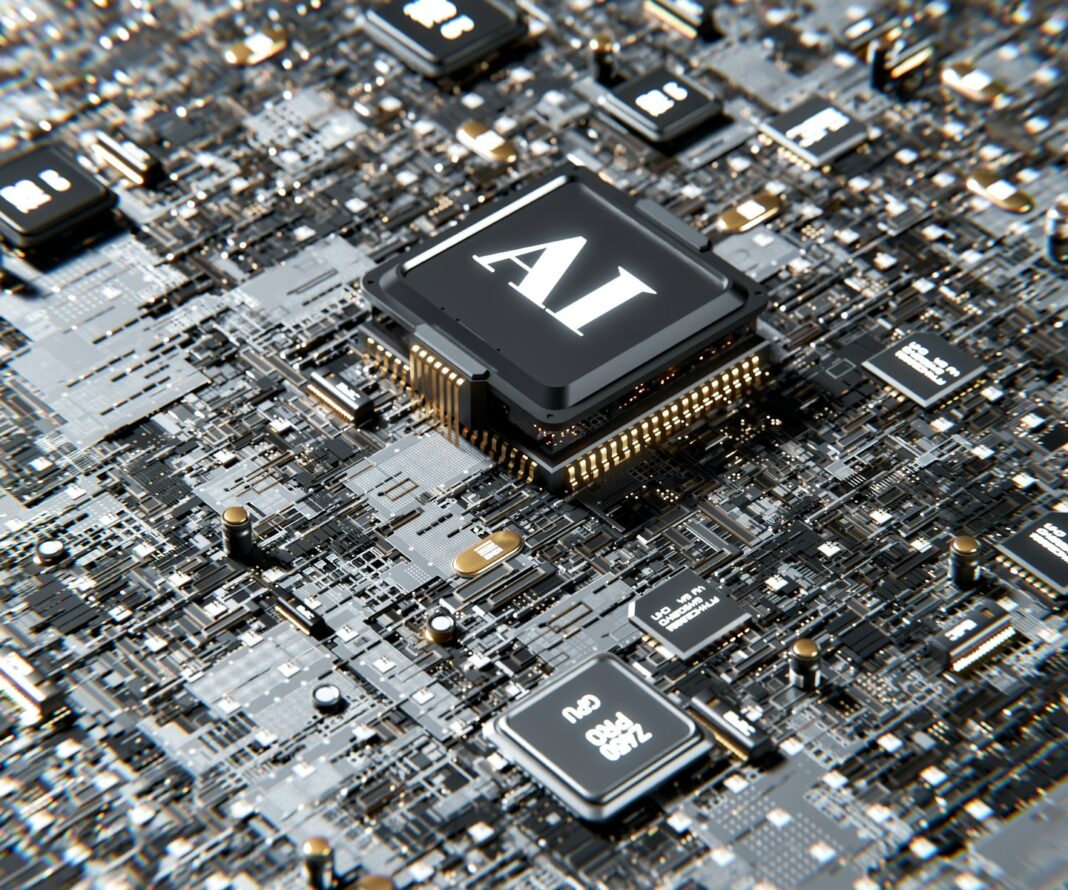As the next step in mobile network technology, 5G promises to redefine how we connect, communicate, and interact with the world around us. With speeds up to 100 times faster than 4G, lower latency, and the ability to support a vastly higher number of connected devices, 5G is set to transform various sectors, from telecommunications and healthcare to entertainment and manufacturing. Here’s a deeper look at how 5G is transforming communication and connectivity.
- Ultra-Fast Internet Speeds and Seamless Connectivity
One of the primary features of 5G is its lightning-fast internet speeds. 5G networks are designed to deliver download speeds of up to 10 Gbps, making them up to 100 times faster than 4G networks. This immense speed enables real-time communication, seamless video streaming in ultra-high definition (UHD), and instant downloads for large files.
For businesses and consumers alike, this improved speed enhances productivity and the overall user experience. For example, professionals can transfer large data files in seconds, while remote workers can easily access high-definition video calls without lag or buffering. In sectors like media and entertainment, 5G is poised to redefine content delivery, making it possible for users to enjoy ultra-high-definition experiences without the need for advanced hardware.
2. Low Latency and Improved Real-Time Communication
5G promises ultra-low latency, meaning there is less delay between sending and receiving data. While 4G networks typically have a latency of around 50 milliseconds, 5G networks can achieve latencies as low as 1 millisecond. This dramatic reduction is a game-changer for industries that rely on real-time communication, including autonomous vehicles, telemedicine, and online gaming.
In autonomous vehicles, for instance, 5G’s low latency allows vehicles to communicate with each other and traffic infrastructure in real-time, enhancing safety and enabling smoother traffic flow. In telemedicine, doctors can perform remote surgeries or consultations with almost no delay, improving patient outcomes, especially in rural or underserved areas. For gamers, 5G enables seamless and lag-free online gaming, offering an enhanced experience for competitive play and multiplayer games.
3. Empowering the Internet of Things (IoT)
The Internet of Things (IoT) refers to the vast network of connected devices that communicate with each other over the internet. As the number of IoT devices continues to grow, 5G provides the infrastructure needed to support this exponential increase in connected objects.
Unlike previous generations of mobile networks, 5G can support up to 1 million devices per square kilometer. This ability is crucial for enabling smart cities, where IoT devices such as sensors, cameras, traffic lights, and smart meters work together to improve urban living. With 5G’s enhanced connectivity, these devices can communicate and share data almost instantly, allowing cities to optimize resources, improve traffic management, reduce energy consumption, and enhance public safety.
4. Revolutionizing Industries and Business Operations
5G’s capabilities extend far beyond consumer applications; it also promises to revolutionize industries and business operations. In manufacturing, 5G can facilitate the adoption of Industry 4.0 technologies such as robotics, artificial intelligence (AI), and augmented reality (AR), enabling factories to operate with greater efficiency and automation.
For example, with 5G, manufacturers can implement real-time monitoring systems that track machine performance and predict maintenance needs, preventing costly downtime. The low latency of 5G allows for more precise control over robotic systems, which can work alongside humans in a collaborative environment. Additionally, AR, powered by 5G, can be used to train workers or provide on-site support remotely, enhancing the efficiency and safety of industrial operations.
5. Transforming Connectivity for Remote and Rural Areas
One of the most impactful aspects of 5G is its ability to bridge the connectivity gap in remote and rural areas. In many parts of the world, access to reliable internet is still limited, which restricts educational, healthcare, and business opportunities.
5G technology has the potential to bring high-speed internet access to underserved regions. With its ability to connect a large number of devices and provide consistent performance even in challenging environments, 5G can provide rural communities with better access to essential services, such as telemedicine, online education, and e-commerce. This enhanced connectivity is crucial for creating economic opportunities and improving quality of life in these areas.
- Enhanced Security and Network Reliability
As 5G networks expand, security becomes a top priority. 5G offers advanced security features compared to its predecessors, including improved encryption methods and the ability to support secure and private data transfer. This added security is essential for industries dealing with sensitive data, such as healthcare, finance, and government.
Moreover, 5G networks are designed to be more reliable than 4G, offering continuous connectivity even in high-demand situations. The increased reliability of 5G ensures that critical communications, such as emergency services, are not disrupted, providing peace of mind for businesses and consumers alike.
Conclusion
5G is not just an incremental upgrade to existing mobile networks—it is a transformative technology that will revolutionize how we communicate, work, and interact with the world. From ultra-fast internet speeds and low latency to empowering IoT and improving real-time communications, 5G offers numerous benefits across various industries. As businesses and consumers begin to fully embrace 5G, its impact on connectivity and communication will be profound, driving innovation and opening up new possibilities for the future.



